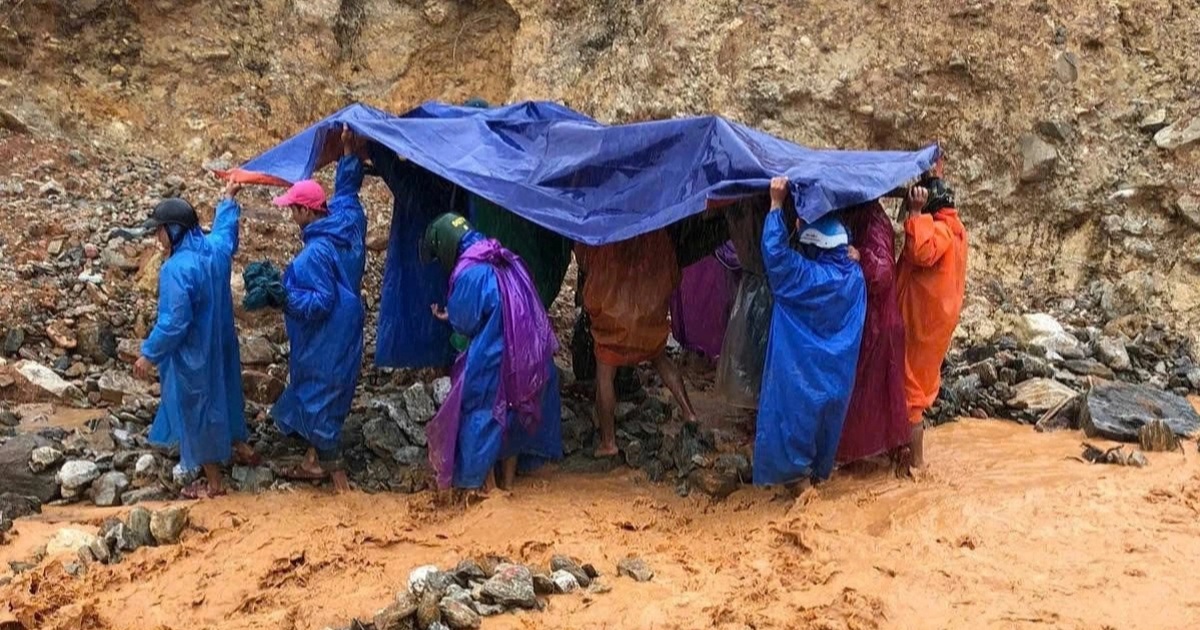Thông tin trên được Thứ trưởng Bộ Y tế chia sẻ tại chương trình Ngày Bệnh phổi tắc nghẽn mạn tính (COPD) toàn cầu năm 2025 với chủ đề “Khó thở, hãy nghĩ đến COPD”, diễn ra tại Bệnh viện Bạch Mai ngày 19/11.
Theo Thứ trưởng Bộ Y tế Nguyễn Thị Liên Hương, COPD là một trong những nguyên nhân hàng đầu gây tử vong trên toàn cầu, trong đó hơn 90% trường hợp tử vong xảy ra sớm trước 70 tuổi.
Trên thế giới, bệnh nhân COPD cũng có xu hướng gia tăng, do ô nhiễm không khí, gia tăng tình trạng hút thuốc lá và thuốc lá điện tử. Các khảo sát tại Mỹ ghi nhận các bệnh nhân hút thuốc lá điện tử đều có thâm nhiễm hai bên phổi.
Thứ trưởng Bộ Y tế nhận định, với xu hướng gia tăng tỉ lệ hút thuốc lá tại các nước đang phát triển và quá trình già hóa dân số, tỉ lệ mắc COPD được dự báo sẽ tiếp tục tăng (Ảnh: Bệnh viện cung cấp).
“Tại Việt Nam, tỷ lệ mắc COPD cũng có xu hướng gia tăng. Đặc biệt, với xu hướng gia tăng tỉ lệ hút thuốc lá tại các nước đang phát triển và quá trình già hóa dân số, tỉ lệ mắc COPD được dự báo sẽ tiếp tục tăng trong những năm tới”, Thứ trưởng nói.
PGS.TS Vũ Văn Giáp, Phó giám đốc Bệnh viện Bạch Mai, cho biết COPD hiện là nguyên nhân tử vong đứng thứ ba trên thế giới, chỉ sau các bệnh tim mạch và đột quỵ. Tại Việt Nam, tỉ lệ mắc COPD ở người trên 40 tuổi là 7,1% ở nam giới và 1,9% ở nữ giới.
Tuy nhiên, phần lớn bệnh nhân COPD chưa từng được chẩn đoán, hoặc chỉ phát hiện khi chức năng phổi đã giảm đáng kể.
Theo PGS Giáp, chủ đề “Khó thở, hãy nghĩ đến COPD” nhằm nhấn mạnh rằng mặc dù COPD đang là nguyên nhân gây tử vong đứng thứ ba trên toàn thế giới, nhưng ít được phát hiện, chẩn đoán đúng ở giai đoạn sớm, dẫn đến việc người bệnh không được điều trị hoặc điều trị không đúng cách.
Chẩn đoán COPD sớm và phù hợp có thể tác động rất đáng kể đến sức khỏe của cộng đồng, giúp cải thiện các triệu chứng, chức năng phổi và chất lượng cuộc sống của người bệnh.
Người dân đến khám, tầm soát COPD tại Bệnh viện Bạch Mai (Ảnh: Bệnh viện cung cấp).
Bất kỳ người dân nào bị khó thở, ho mãn tính hoặc có đờm, có tiền sử nhiễm trùng đường hô hấp dưới tái phát hoặc có tiền sử tiếp xúc với các yếu tố nguy cơ như thuốc lá, thuốc lào, nhiên liệu nấu ăn hoặc khói bụi nghề nghiệp cần được xem xét chẩn đoán COPD.
Bệnh phổi tắc nghẽn mạn tính không thể chữa khỏi nhưng có thể cải thiện các triệu chứng nếu tránh hút thuốc và tiếp xúc với các yếu tố nguy cơ.
Hưởng ứng Ngày COPD toàn cầu 2025, Bệnh viện Bạch Mai tổ chức chuỗi chương trình khám sàng lọc cho người có nguy cơ cao vào các ngày thứ Bảy, Chủ nhật từ 15 đến 30/11.
Các chuyên gia khuyến cáo nhóm đối tượng nguy cơ cao, bao gồm người có tiền sử hút thuốc lá, thuốc lào lâu năm hoặc làm việc trong môi trường ô nhiễm, nên đi khám sàng lọc.
PGS Giáp cũng lưu ý, đối với những người mắc bệnh COPD, để quá trình điều trị được hiệu quả, người bệnh cần tuân thủ theo đúng phác đồ điều trị của bác sĩ, bao gồm các biện pháp điều trị dùng thuốc và không dùng thuốc như bỏ hút thuốc, tránh tiếp xúc với khói thuốc.
“Các bệnh như ung thư phổi, COPD, hen suyễn… phần lớn phát sinh từ các yếu tố nguy cơ đã tiếp xúc từ nhiều năm trước như hút thuốc lá, ô nhiễm không khí hoặc quá trình lão hóa. Vì thế, việc tránh xa tác nhân gây bệnh sẽ góp phần kiểm soát bệnh tốt hơn”, PGS Giáp khuyến cáo.
Source link: https://dantri.com.vn/suc-khoe/copd-ngay-cang-gia-tang-thuoc-la-van-la-yeu-to-nguy-co-lon-nhat-20251119195305276.htm



